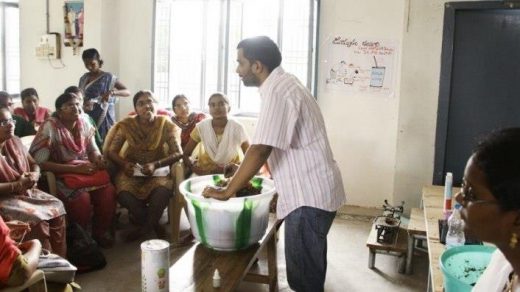These Indian Entrepreneurs Upcycle Leftover Religious Flowers Into Useful Products
In India, people like to show their religious devotion with flowers. Lots and lots flowers. Every year, some 800 million tons of blossoms–red roses, yellow marigolds, prickly xanthiums–are deposited at the nation’s temples, mosques and sikh gurudwaras, creating a colorful, but tricky waste problem.
Because the flowers have been used for worship, they’re sacred, and therefore can’t be just sent to landfill, explains Ankit Agarwal, an Indian entrepreneur. Hindu temples often throw the spent flowers into the River Ganges, a venerated waterway. But this just exacerbates the Ganges’s legendary pollution: The flowers are sprayed with pesticides and other chemicals that leach into the environment.
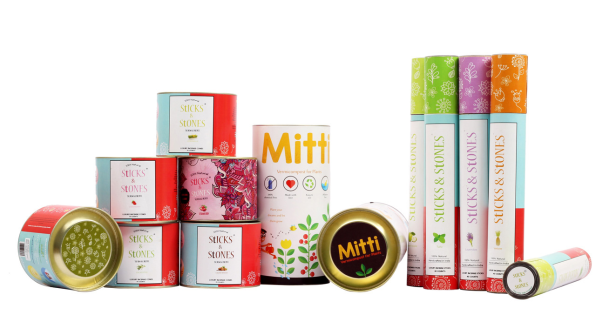
When Agarwal and his partner and childhood friend Karan Rastogi first proposed finding alternative uses for the waste, they met a lot of resistance. The temples thought the young men wouldn’t treat the flowers with the required reverence, or that there couldn’t possibly be a business in flower recycling. Two years on, they’ve proved the naysayers wrong. Agarwal and Rastogi have a thriving company called Helpusgreen, which produces a range of products from the flowers, including incense sticks, enriched compost (735 tons so far) and bathing soaps.
“When we began in May 2015, everyone thought we were mad,” Agarwal says, “No-one had seen anything come out of flower waste before and they were like ‘Oh, you really think you’re going to do something with that?’”
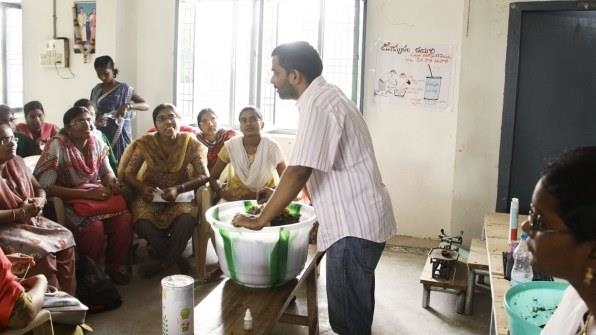
Based in Sarsol, a small village in Kanpur, in Uttar Pradesh, Agarwal and Rastogi now collect 1.5 tons of flowers every day. They work with 29 temples and three mosques. And they’re only just getting started. They plan to launch in Varanasi soon, one the holiest sites for Hindus, as well as in Haridwar, Allahad and Kolkata, all cities along the Ganges River.
Waste pickers are a key part of the operation. Helpusgreen pays these informal “scavengers” to sort the flowers in their different types while taking out unwanted cup holders and garland strings. Agarwal says the pickers–mostly women of lower castes–normally earn about 10 rupees a day (about 15 cents) but now get at least 150 rupees (more than $2).

“Rarely you get social enterprises that have revenues and that are in profit,” Agarwal says. “Everyone says eventually they’ll make money, but we’re doing it. And we’re touching lives of people at the bottom of the pyramid. We find that their confidence level improves. Before this, their confidence level was zero.” Agarwal says Helpusgreen had revenues of $43,210 last year and that profits reached 27%.
Helpusgreen convinced the temples and mosques to let them have the flowers by claiming that the flowers would, in a sense, be used for sacred purposes. Incense sticks, which are normally made of coal, are part of Hindu ritual, while the soaps are used for purification. The sticks are sold in paper infused with tulsi (holy basil) seeds, getting around another disposal problem (see the video here).
“In India, images of gods are used on incense products to boost sales,” Agarwal says. “People find it very tough to throw the packets in the dustbin because of the image. They tend to hoard them or leave them in the river or at a temple. With our packaging, once they’ve used the product, they can sow the paper in the ground [and grow the plant].”
Agarwal was recently in New York, taking part in this year’s Echoing Green fellowship. The award comes with a two-year stipend worth about $90,000–money that Agarwal plans to use for further expansion.
Helpusgreen takes the 800 million tons of flowers used annually in the country and makes them into incense and soap.
In India, people like to show their religious devotion with flowers. Lots and lots flowers. Every year, some 800 million tons of blossoms–red roses, yellow marigolds, prickly xanthiums–are deposited at the nation’s temples, mosques and sikh gurudwaras, creating a colorful, but tricky waste problem.
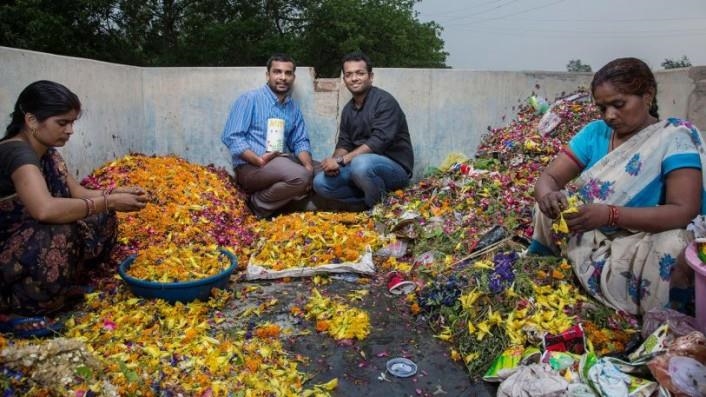
Because the flowers have been used for worship, they’re sacred. [Photo: courtesy Helpusgreen]
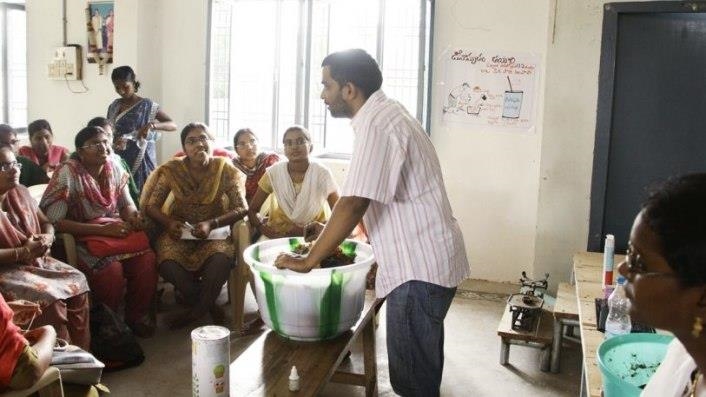
They can’t be just sent to landfill. [Photo: courtesy Helpusgreen]
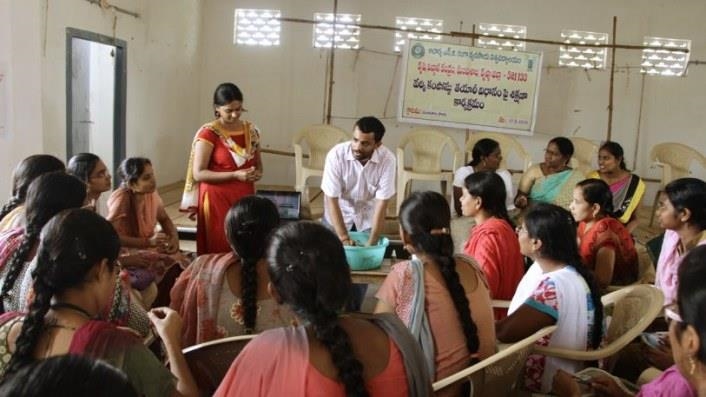
Helpusgreen pays informal “scavengers” to sort the flowers in their different types. [Photo: courtesy Helpusgreen]
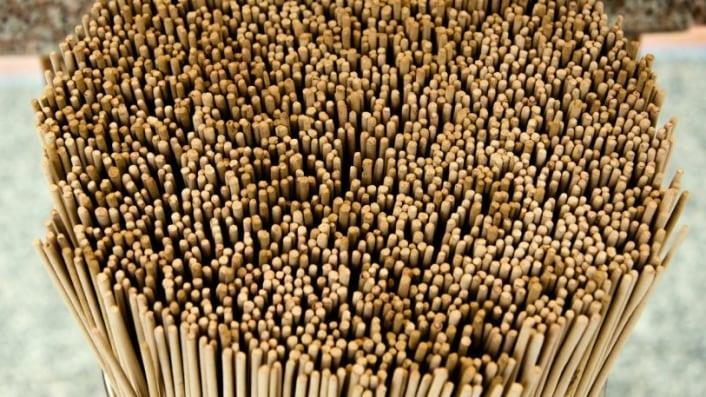
It produces a range of products from the flowers, including incense sticks, enriched compost and bathing soaps. [Photo: courtesy Helpusgreen]
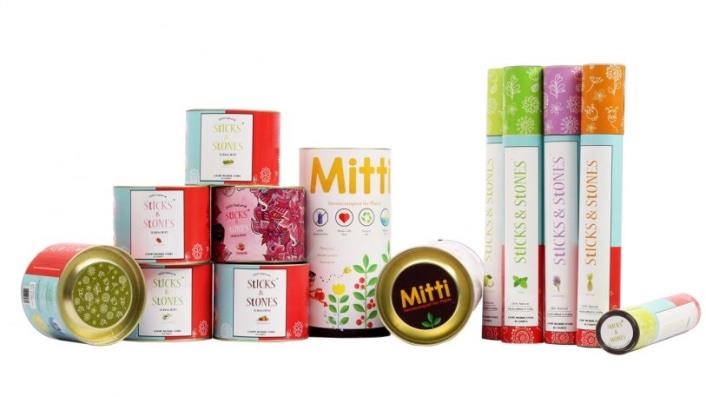
The company now collects 1.5 tons of flowers every day. [Photo: courtesy Helpusgreen]
Fast Company , Read Full Story
(81)

